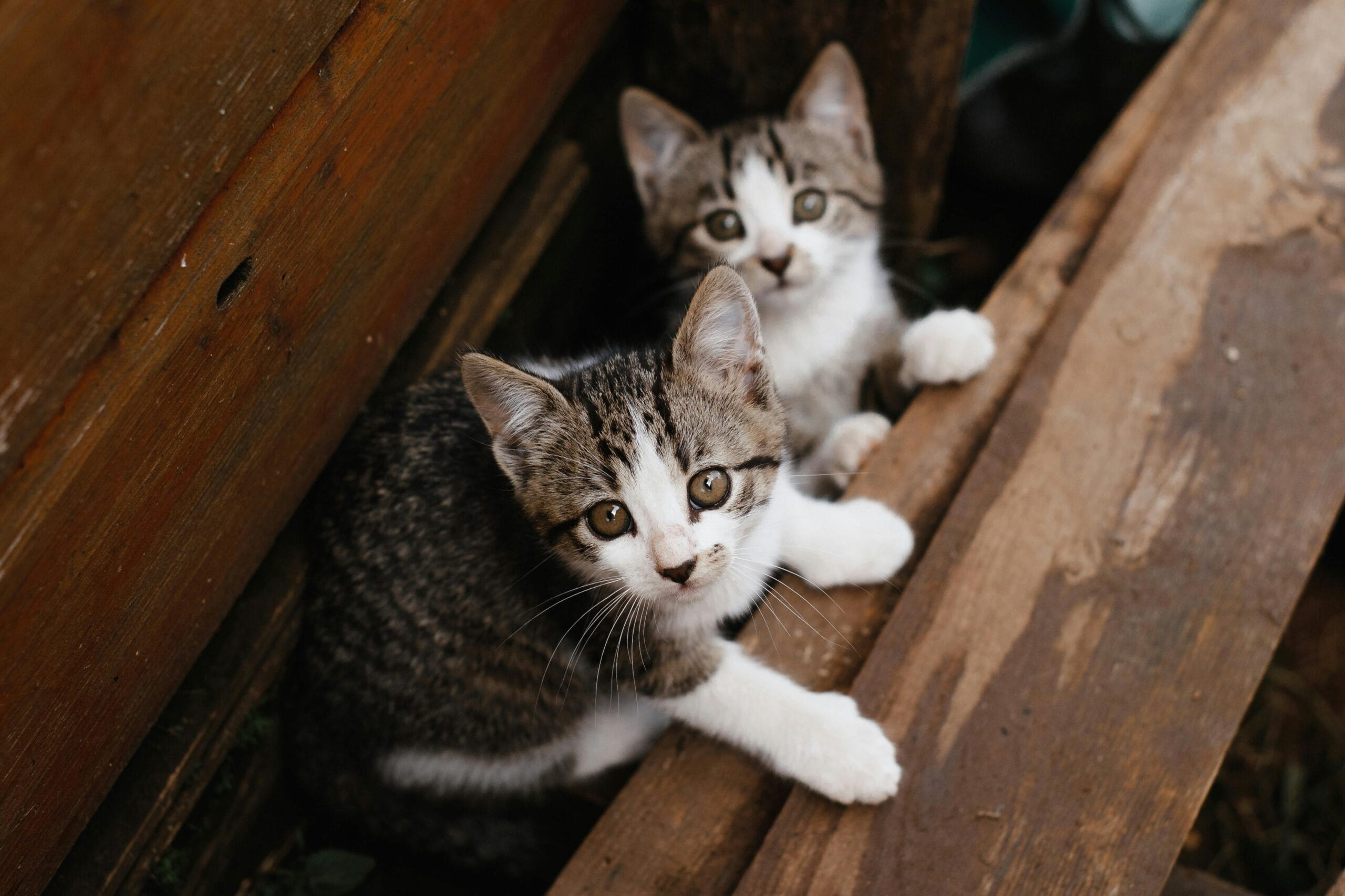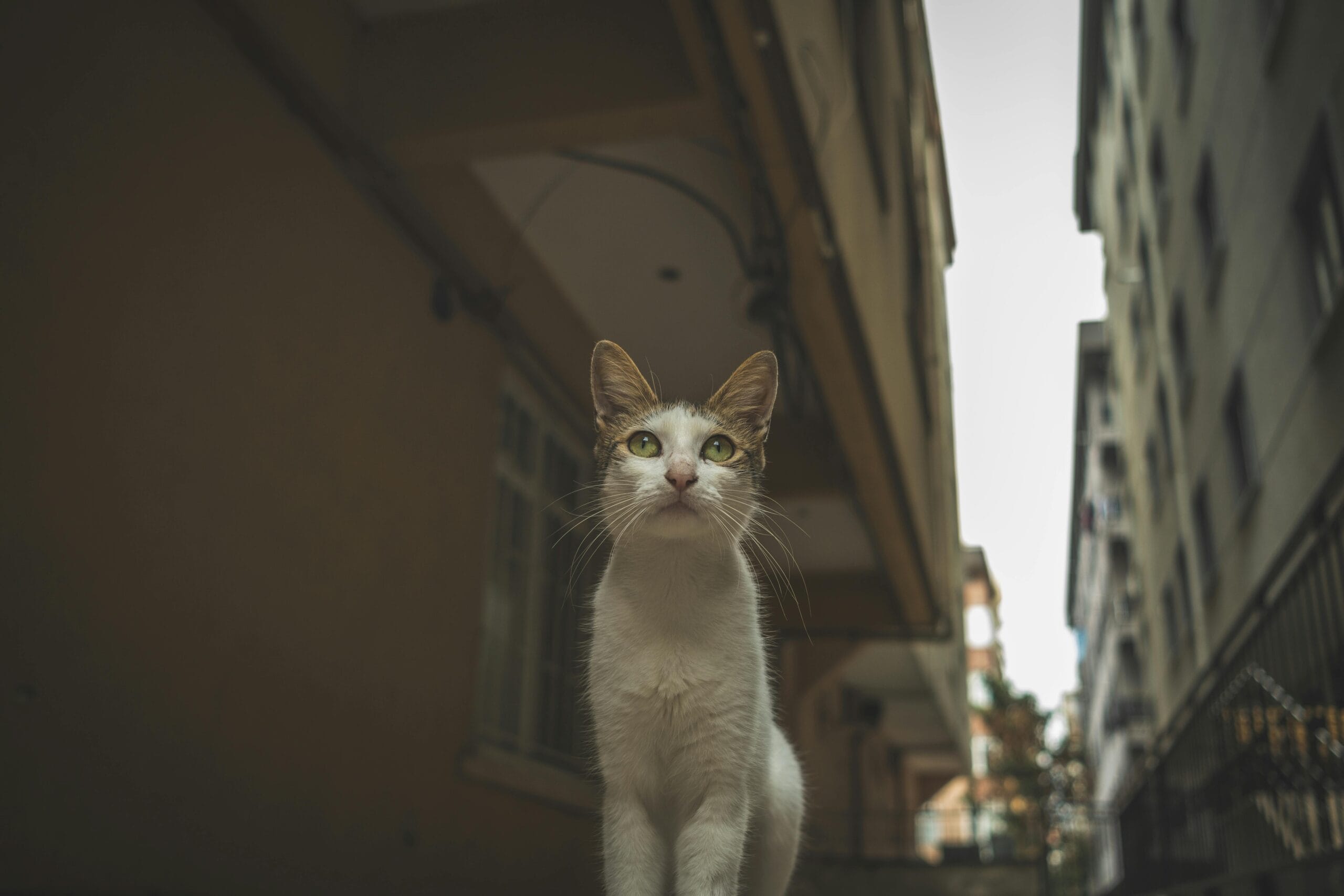Can Cats Eat Sardines ?

Can cats eat sardines? Can cats eat canned sardines? Are sardines good for cats? Find out the surprising answers & learn about the potential benefits and risks of feeding your feline friend this tasty treat! Discover expert advice now!
Can Cats Eat Sardines? A Comprehensive Guide
The question, “Can cats eat sardines?,” pops up frequently among cat owners. Sardines, with their small size and oily texture, often seem like a tempting treat for our feline friends. But are these little fish a healthy addition to a cat’s diet, or should they be avoided? This comprehensive guide explores the nutritional value of sardines for cats, potential risks, and how to safely incorporate them (if at all) into your cat’s diet. We’ll also address variations like “can cats eat canned sardines?” and delve into whether sardines are good for cats.
Nutritional Value of Sardines for Cats
Sardines are packed with nutrients beneficial to many animals, including humans. They are a good source of omega-3 fatty acids, specifically EPA and DHA. These fatty acids are crucial for maintaining healthy skin and a shiny coat in cats. They can also contribute to cognitive function and reduce inflammation. Furthermore, sardines are a good source of protein, essential for muscle building and overall health. They also contain vitamin D, vitamin B12, and calcium, all important for a cat’s well-being.
However, it’s crucial to remember that while sardines contain beneficial nutrients, they shouldn’t replace a complete and balanced cat food. A cat’s diet should be carefully formulated to provide the precise balance of nutrients they need to thrive, something that’s not guaranteed in simply feeding them sardines alone, even if “canned sardines” are convenient.
Can Cats Eat Canned Sardines? The Processing Factor
The answer to “can cats eat canned sardines?” is a little more nuanced. While fresh sardines might offer some nutritional advantages, canned sardines often come with added salt, preservatives, and potentially harmful oils. Excessive salt intake can be detrimental to a cat’s health, leading to dehydration and kidney problems. Furthermore, some canning processes can destroy essential nutrients, reducing the overall nutritional benefit.
If you’re considering offering canned sardines, opt for those packed in water or brine with minimal added salt. Always check the ingredients list carefully before giving any canned food to your cat. Remember, even with the best intentions, canned sardines should only constitute a very small, occasional treat and never a replacement for proper cat food.
Are Sardines Good for Cats? Considering the Risks
While sardines offer some nutritional benefits, the risks associated with feeding them to cats outweigh the advantages, particularly for frequent or large quantities. The high levels of salt and potential for bones and mercury contamination present significant concerns. The bones in sardines can be a choking hazard, and mercury accumulation in fish can be toxic over time, especially for kittens and cats with pre-existing health conditions.
Therefore, the answer to “are sardines good for cats?” is a cautious “sometimes, but sparingly.” A few small, salt-reduced sardines, occasionally, as a special treat, are unlikely to harm a healthy cat. However, it’s crucial to prioritize a balanced commercial cat food designed to meet all their nutritional needs.
Safe Serving Size and Frequency
If you decide to occasionally give your cat sardines, do so in moderation. A tiny piece of a sardine packed in water, without any added seasonings, is generally considered acceptable. This should be an extremely rare treat, not a regular part of their diet. Never give your cat a whole sardine.
Alternatives to Sardines for Omega-3 Fatty Acids
If you’re looking to supplement your cat’s diet with omega-3 fatty acids, there are safer and more reliable alternatives available. Many high-quality commercial cat foods already contain balanced levels of omega-3s. You can also consult your veterinarian about omega-3 supplements specifically formulated for cats. These supplements are much safer and more reliable than relying on occasional treats like sardines.
To learn more about feline nutrition and ensuring your cat receives the proper balance of nutrients, I recommend visiting the website of the American Veterinary Medical Association (AVMA). Their resources provide comprehensive information on maintaining your cat’s health through proper diet and care. American Veterinary Medical Association
Addressing Potential Concerns: Bones, Mercury, and Allergies
As mentioned, bones in sardines can be a choking hazard, particularly for kittens. Even small bones can cause intestinal blockage if swallowed. Always remove any visible bones before offering sardines to your cat. Mercury is a concern in some fish, including sardines. While the amount in a single sardine is generally considered low, frequent consumption could lead to accumulation over time. Finally, some cats may have allergies to fish. Start with a tiny amount to observe any potential allergic reactions, such as skin irritation or digestive upset.
For detailed information on safe and appropriate pet food, I suggest referring to the Association of American Feed Control Officials (AAFCO). They establish guidelines for pet food labeling and nutrient content. Association of American Feed Control Officials
Conclusion: A Balanced Approach to Feline Nutrition
In summary, while sardines contain some beneficial nutrients, they shouldn’t be a regular part of your cat’s diet. The potential risks associated with salt, bones, mercury, and allergies make it crucial to prioritize a complete and balanced commercial cat food. If you choose to offer sardines very occasionally, do so in extremely small quantities, ensuring the sardines are packed in water, with minimal added salt and are thoroughly checked for bones. Always consult your veterinarian before making significant changes to your cat’s diet, especially if your cat has pre-existing health conditions.
The Pet Food Institute offers educational materials on responsible pet ownership and nutrition. Pet Food Institute
Have you given your cat sardines? Share your experiences in the comments below! Let’s discuss the best ways to keep our feline friends healthy and happy while addressing concerns like “can cats eat canned sardines” and “are sardines good for cats” through shared experiences and information.

Can Cats Eat Sardines? 10 FAQs
1. Can cats eat sardines?
Yes, cats can eat sardines in moderation. Sardines are a good source of omega-3 fatty acids, which are beneficial for a cat’s coat and skin health. However, it’s crucial to remember that sardines shouldn’t form a significant part of their diet.
2. Can cats eat canned sardines?
While canned sardines are convenient, make sure they are packed in water or brine, not oil. Oil is high in fat and can lead to weight gain and digestive upset in cats. Always remove bones before feeding.
3. Are sardines good for cats?
Sardines can be a healthy occasional treat. They are a good source of protein and omega-3 fatty acids, beneficial for their coat and overall health. However, they shouldn’t replace a balanced cat food diet. The question “are sardines good for cats” is best answered with a qualified “yes, in moderation.”
4. How many sardines can a cat eat?
A small to medium-sized cat might safely consume a small portion (1-2 sardines, depending on size) once or twice a week, at most. Always monitor your cat for any adverse reactions.
5. What are the benefits of feeding my cat sardines?
The main benefits of feeding sardines to your cat (in moderation) are improved coat health, shinier fur, and potentially some support for joint health due to the omega-3 fatty acids.
6. What are the risks of feeding my cat sardines?
Risks include high sodium content (from brine), potential for bone fragments, high fat content (if packed in oil), and upset stomach if given in excessive amounts. Always check for and remove bones.
7. Can kittens eat sardines?
It’s best to avoid giving sardines to kittens, as their digestive systems are more sensitive. Stick to high-quality kitten food formulated to meet their nutritional needs.
8. My cat has allergies; can they eat sardines?
If your cat has allergies, it’s best to consult your veterinarian before introducing sardines or any new food into their diet. Some cats might have an allergic reaction to fish.
9. Can I feed my cat sardines every day?
No, feeding sardines every day is not recommended. A balanced commercial cat food provides all the necessary nutrients your cat needs. Sardines should only be given as a very occasional treat.
10. My cat ate a whole can of sardines! Should I be worried?
If your cat consumed a whole can of canned sardines, monitor them closely for vomiting, diarrhea, or other signs of distress. Contact your veterinarian if you notice any concerning symptoms. Excessive salt and fat intake can be harmful.

Can Cats Eat Sardines? A Guide to Safe Feeding
Sardines can be a healthy treat for cats, offering several nutritional benefits, but moderation and preparation are key. This guide explores the advantages, cautions, and best practices for feeding your feline friend sardines.
Nutritional Benefits of Sardines for Cats
Sardines are a good source of:
- Omega-3 fatty acids: Crucial for healthy skin and coat, and may support brain function and heart health.
- Protein: Essential for muscle building and overall growth.
- Vitamin D: Important for calcium absorption and bone health.
- Calcium: Contributes to strong bones and teeth.
Health Considerations and Cautions
While sardines offer benefits, several precautions must be observed:
- Bones: Ensure all bones are removed before feeding. Small bones can cause choking or intestinal blockage.
- Salt Content: Sardines are often packed in salt or oil. Excessive salt intake can be harmful to cats. Opt for sardines packed in water or rinse those packed in oil thoroughly.
- Mercury: Larger predatory fish can contain higher levels of mercury. Sardines are generally lower in mercury, but still, moderation is advised.
- Allergies: Some cats may be allergic to fish. Introduce sardines gradually and monitor for any adverse reactions like vomiting, diarrhea, or skin irritation.
- Moderation is Key: Sardines should be a treat, not a staple food. A cat’s diet should primarily consist of balanced cat food.
- Quality: Choose high-quality sardines packed in water or oil with minimal added ingredients.
Practical Tips for Feeding Sardines to Cats
- Small Portions: Offer only a small amount as an occasional treat.
- Bone Removal: Carefully remove all bones before serving.
- Rinse Oil: Thoroughly rinse oil-packed sardines to reduce salt and fat intake.
- Introduce Gradually: Start with a tiny amount to check for allergies.
- Monitor Your Cat: Observe your cat for any digestive upset after feeding.
- Consult Your Vet: If you have concerns or your cat has underlying health issues, consult your veterinarian before adding sardines to their diet.
SEO Keywords:
cats eat sardines, can cats eat sardines, sardines for cats, are sardines good for cats, cat food sardines, sardines cat treat, cat health sardines, cat food safety sardines, omega 3 cats, cat nutrition